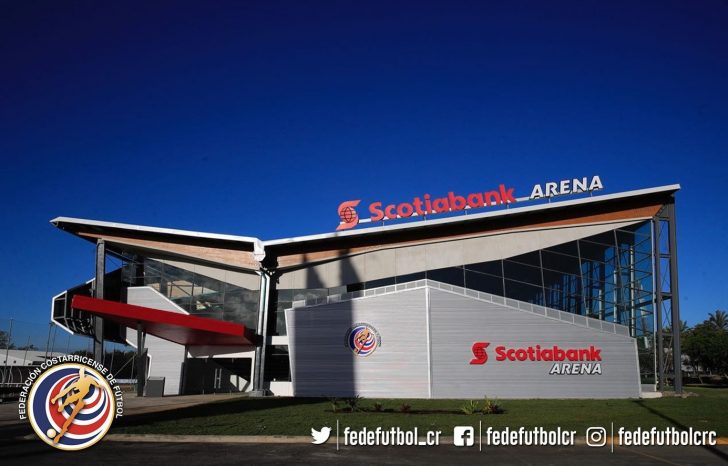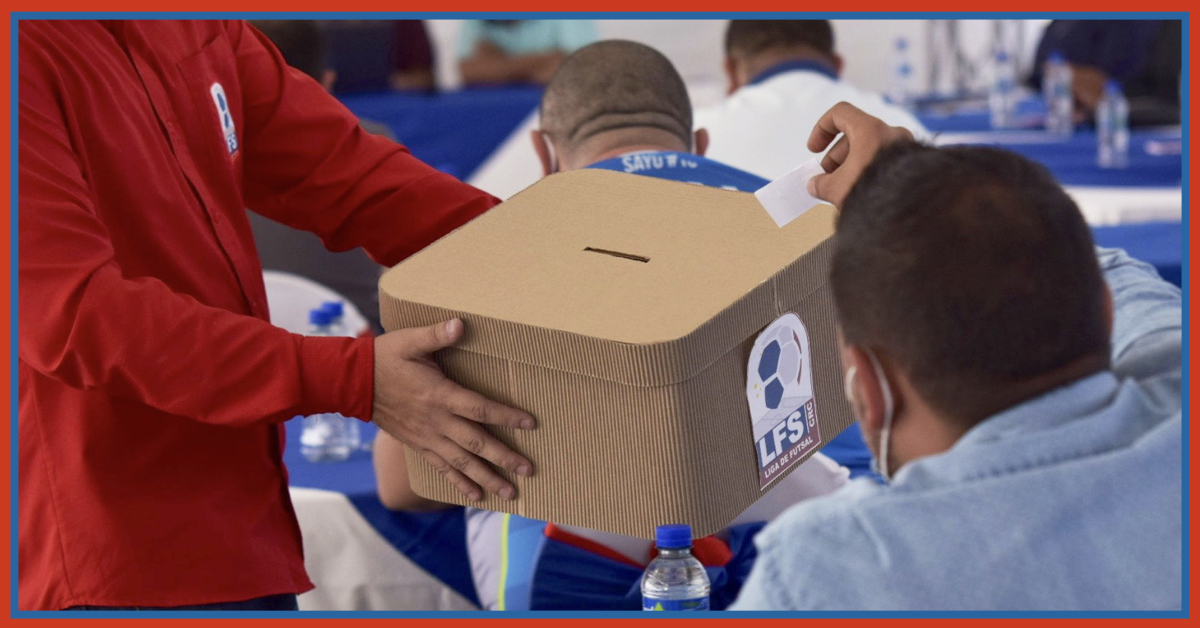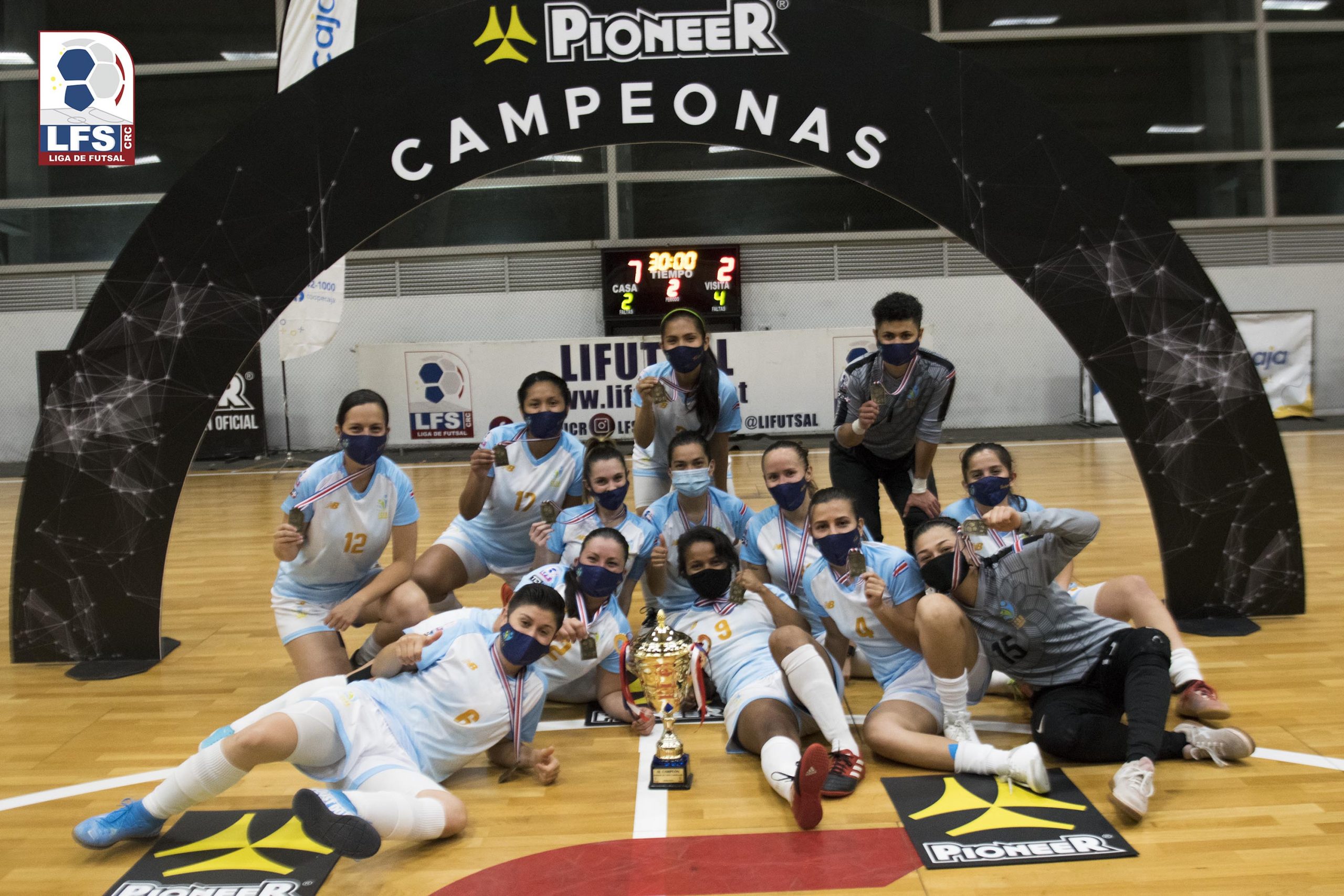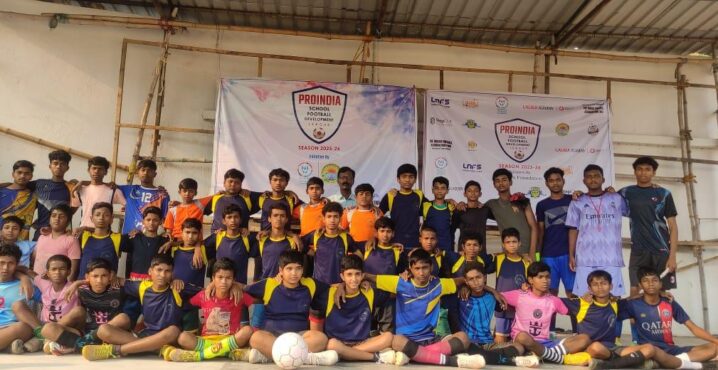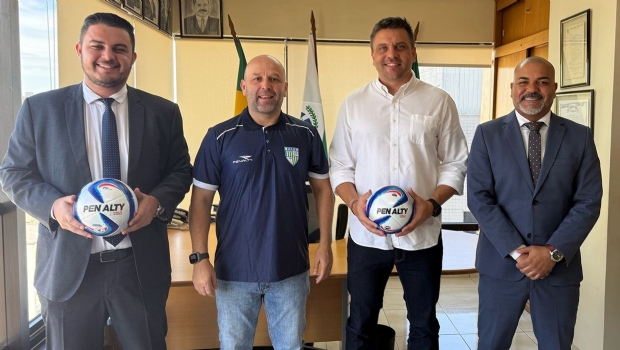Estimated reading time:10 minutes, 56 seconds
Since 1989, there has been seven FIFA Futsal World Cups, and out of those competitions Costa Rica has qualified for three of them. The first was in 2000, then in 2012 and 2016. In 2000, they finished third in their group, securing one win over Australia (6-2). In 2012, the nation finished bottom of their group, but in 2016, despite finishing third, they defeated the Solomon Islands (2-4) and drew with the eventual winners and holders of the trophy, Argentina (2-2).
The last time we published about futsal development’s happening in Costa Rica, it concerned FIFA’s financial support for the creation of a new arena in 2018. The facility was set to help the development of the men’s and women’s national futsal teams. Representatives from FIFA and CONCACAF were among the attendees for the opening of the premises, which gave the country’s national futsal teams their own facility to prepare for international tournaments in excellent conditions with futsal competitions also having access to the facility.
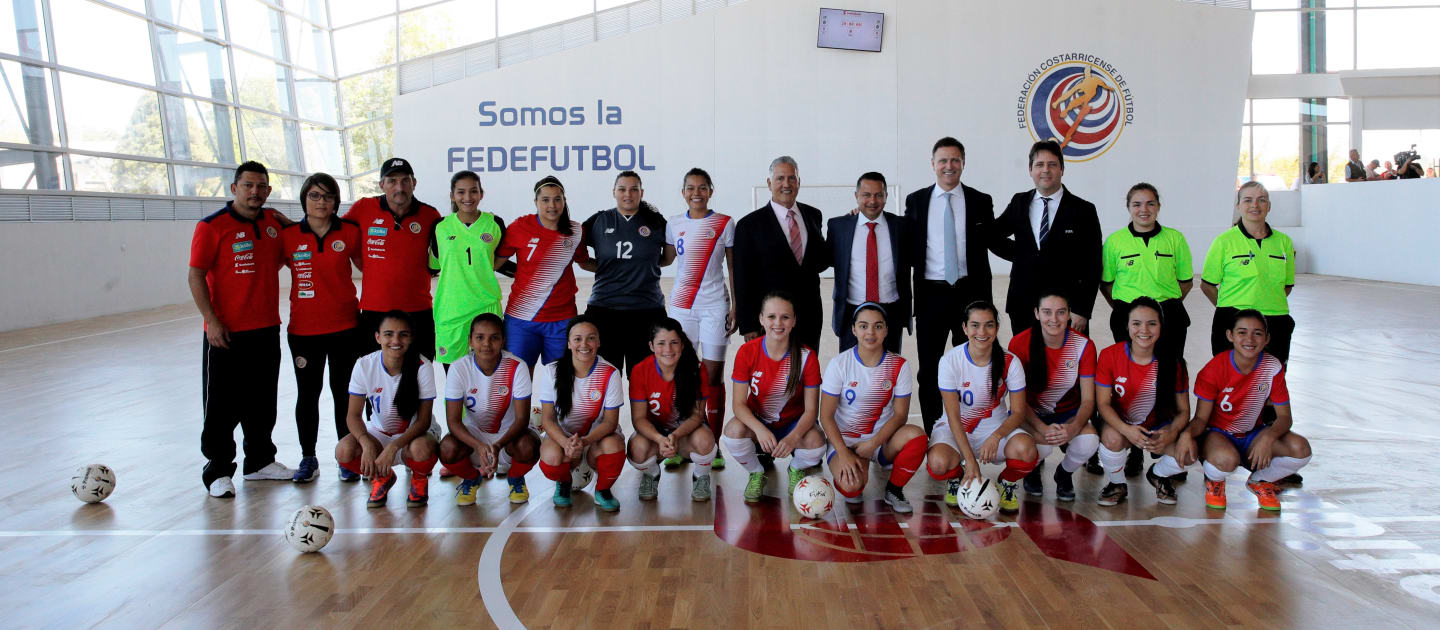
The Cup will run until March 19, 2021, the 99 matches are played behind closed doors at the Scotiabank Arena complying with all the guidelines of the Sanitary Protocol approved by the Ministry of Sports, for the return of training and competition. Fans are able to enjoy the games live through the LIFUTSALCR Facebook page and through the official futsal channel: TD +, the TD + application and the website www.tdmas.com.
Costa Rica has hosted the CONCACAF Futsal Championships on three occasions since the inaugural tournament, but this year, in May, the CONCACAF Futsal Championships which also act as the qualifiers for the FIFA Futsal World Cup will take place in Guatemala. Taking into consideration Costa Rica’s performances at the last World Cup, the development of new facilities and the active competitions at this time. Futsal Focus decided to get in contact with Carlos Quiros Alvarez, the head coach of the Costa Rica Men’s Futsal National Team. We wanted to find out more about futsal in Costa Rica, and the sport’s development there, and if the national team has used their progress from 2016 to reach further.
FF: Futsal has been played in Costa Rica for many years, but in your opinion is the sport where it should be in that time and if not, why not?
CQA: Futsal in Costa Rica is currently an amateur sport, although there are clubs who pay players. These clubs, however, don’t last long, they come, have an impact but then disappear not able to sustain themselves. The mass participation of Futsal has already been achieved here, the sport is played in Schools, Colleges, Universities, and we have cantonal committees, national competitions, and adult participation in recreational and competitive league structures. Today’s challenges, and the future will be to build better clubs with the business know-how to create the infrastructures needed. To continue educating coaches and referees, increasing the standard year on year. We need better conditions for the players training, along with improved courts as most are not international size. Another challenge is to improve the work we do with children and teenagers, there are clubs doing great work with young people, but not all are, and it must be all of the clubs if standards are to rise. In my opinion, my answer to this question is not my own outlook, Costa Rica is on the right track, awareness of the issues are growing but we are still far from the sporting excellence needed for us to challenge at the highest international level against the best nations.
FF: How popular is futsal in Costa Rica in terms of participation numbers from the grassroots to the elite?
CQA: It is very popular; it is one of the most popular sports in the country. There is a competition which is called the National Sports Games and in this annual competition, young people and children of all ages participate. Futsal is the second highest sport in terms of participation, only below football.
FF: What level of support is the sport getting now from the Costa Rican Football Federation and in your opinion from CONCACAF as well?
CQA: The Costa Rican Football Federation fully supports futsal, its development and all the efforts of the national Futsal teams and the Futsal League of Costa Rica. The COPA tournament is currently taking place at the Goal Project facilities. Without a doubt, we have one of the best futsal pavilions in the entire region, the Scotiabank Arena. Throughout the 21st century, the Costa Rican Football Federation is an example to the region when it comes to supporting the development of futsal.
Futsal is developing among the member nations of CONCACAF with the support of their respective Federation or not, which in some cases makes the development of the region more complex. When most or all football federations invest in Futsal, without a doubt I envision a region which will have a high standard of Futsal in the future. The countries with the largest populations (USA, Canada, and Mexico) still don’t support futsal. Unfortunately, they have yet to see futsal as a partner in the development of players at an early age.
There is very little interest at CONCACAF in the development of Futsal, at one point Mr. Hugo Salcedo showed a lot of support, but as a result of his retirement old outlooks returned and interest in the sport fell within the Confederation. In the last decade, only two CONCACAF Futsal Club Championships have been organized. In addition to the CONCACAF Futsal Championships/ qualifiers for the FIFA Futsal World Cup every 4 years, or five in this case due to the pandemic but they do this to satisfy FIFA.
Leading futsal development, in their own right, in Central America are countries such as Nicaragua, El Salvador, and Honduras, joined by Guatemala and Costa Rica, all seeking to compete and develop Futsal further. Establish training processes even with the support of instructors from other countries. Panama is a clear example of a nation growing the game at the grassroots level but not with their Federation’s support. However, their Federation does support their senior men’s National Team for the World Cup qualifiers. Countries like Panama and in general the entire region should take advantage of futsal, especially for the development of soccer players (men and women) at the formative development stages which is obviously more important to them than developing futsal players at this time. I know some futsal fans won’t like to read that but it is true. Only by developing futsal first in their own interest will they later understand the sport’s importance, the opportunities and entertainment value of futsal. Once this happens Federations will start to respect it as a sport in its own right too, the truth is they have to start somewhere even if we don’t like it. However, the beauty of our sport is that no matter where you start when you first encounter it, everyone eventually arrives at the same place, loving Futsal!
FF: What are the development pathways like for coaches, outfield players and goalkeepers in Costa Rica for both boys and girls, teenagers, men and women? Meaning is there a structure in place of monitoring, supported by identification camps and elite coaching for players and education for coaches?
CQA: Women’s futsal is an important development in Costa Rica, but it is undoubtedly a need across the region, although many countries are driving women’s futsal due to the efforts of individuals, there are still no competitions in CONCACAF for women’s futsal and it will probably take FIFA to finally launch a women’s Futsal World Cup for that to change. Likewise, I must state that female futsal in Costa Rica (like male futsal) has given excellent players to Football, but nobody does it in a coordinated and structured way.
In Costa Rica, there are clubs that have boys, girls, teenagers supported by quality training in the right way. However, it is necessary for more people, clubs and organizations to develop the sport in their communities. Though, we have a lot of futsal going on across the country, it is the quality of the delivery, especially in communities which is a pending issue. There are excellent goalkeeping coaches and quality training academies established but there are just not enough of them yet, but we are on the right track. There are Costa Rican goalkeeping coaches who work outside the country, this denotes the quality of futsal goalkeeper coaching here.
Futsal development is directed by the Costa Rican Futsal League (LIFUTSAL), and it is driving growth through its strategies, there is still much work to be done, but it is on the right track. Currently, LIFUTSAL has developed three coaching licenses, (A-B-C), which requires more than 100 teaching hours per license (course). However, we can always improve, mistakes are still being made but little by little, these errors are being corrected. There is a group of instructors for each of the subjects of the courses, specialists in nutrition, physical preparation, sports psychology, refereeing, and all other training fields. Free courses are also taught, in addition to private teaching by elite coaches in Spanish and Brazilian Portuguese.
The Futsal League has historically brought international coaches for its A License such as Venancio López, Javier Lozano, Armando Rodríguez, Vicente de Luise, Guaíba and several other personalities from the great Futsal stage.
FF: Costa Rica did very well in the last world cup, a win over the Solomon Islands who have dominated the Oceania for many years, a draw with the eventual winners of the competition, Argentina. The lose against Kazakhstan prevented progression to the next round. Has the team improved since then? Do you think they are capable of progressing out of the group stage?
CQA: The 2016 FIFA Futsal World Cup in Colombia was very successful, and currently in Costa Rica there are quite a few players from that generation with a mixture of young players who have emerged from the efforts of the clubs. It is necessary to emphasize, the group is more important than individuals, that is my vision of futsal, we will work as a team and do our utmost to make Costa Rica proud.
FF: Costa Rica participated in the Futsal tournament at the Youth Olympics in 2018, how has this been used to aid futsal development, awareness and popularity in the nation?
CQA: Without a doubt futsal being a part of the Youth Olympics was huge for futsal everywhere, Costa Rica included. We still don’t understand how a sport like futsal is still not included at the senior Olympics (Winter or Summer). The presence of futsal in the Central American games, regional games, Pan American games and now the Youth Olympics is of vital importance to the development of Futsal. Perhaps due to this development as futsal grows more popular at the Youth Olympics, CONCACAF will become more interested our sport. Hopefully, leading to the development of competitions for youth, women, men, clubs, and national teams.
FF: What are your hopes for the sport in Costa Rica and in the Central American region?
CQA: My hope is that there will be a complete and total development of futsal with local, regional and confederation competitions for both men and women. Giving nations the opportunity to compete between our countries and with other regions of the world. And of course, that Futsal continues to develop to become the dream of every child to practice our sport, and that futsal contributes to improving lifestyles. Not everything is about high performance, it is more important to help in the development of people. To encourage a healthy lifestyle, good mental health and personal habits, life values, respect for diversity, and respect for all human beings without any distinction of any kind. And on the court, starting with children, this can be found, encouraged and developed.
You can read more articles about global futsal by going to the top navigation bar or click here
If you like this article and would like to keep updated on Futsal news, developments, etc then you can now follow Futsal Focus via Google News by following our page which will send you an alert as soon as we publish an article so please click here and follow us on Google.
You can also keep updated on Futsal news, developments, etc then please submit your email below in the Subscribe to Futsal Focus option.
Follow Futsal Focus by clicking on Facebook, Twitter, or Instagram or on the social media buttons on the website.

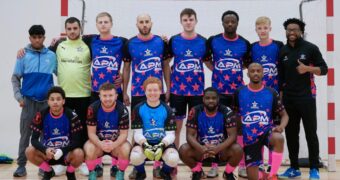



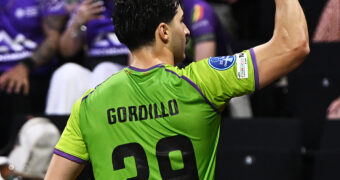

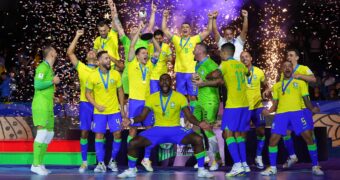

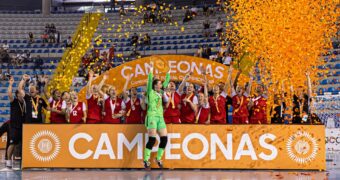
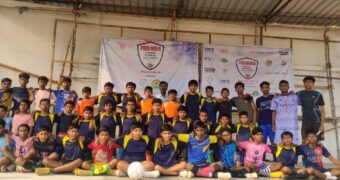





![Validate my RSS feed [Valid RSS]](https://www.futsalfocus.net/wp-content/uploads/2020/01/valid-rss-rogers.png)

